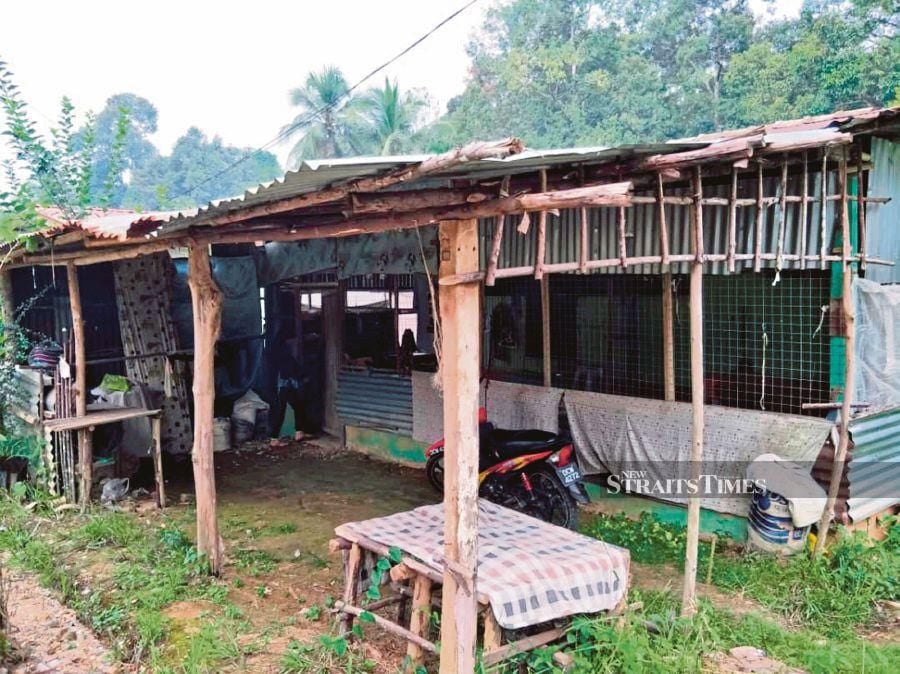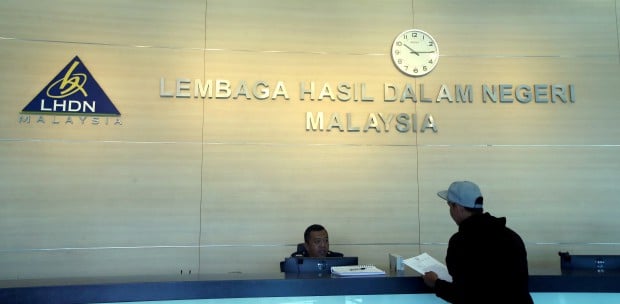In the late 1980s, new groups of Malaysian entrepreneurs, technocrats and professionals were created, a dynamic socio-economic development that resulted in a burgeoning middle class.
Now, these groups manage flourishing conglomerates, blue chip public listed companies and government linked companies. They also inhabit the poshest condominiums and the leafiest bungalows, while flaunting wealth unheard of 40 years ago.
These successful socio-economic stories were propagated at political assemblies and in advertisements, marketing campaigns and the business press. Buried by these success stories was the plight of the exploited who slipped into the cracks of poverty and disenfranchisement.
They are Malaysia's hardcore and absolute poor, 114,000 families counted as of last year, surviving on a paltry monthly income of RM1,169 to RM2,208.
This revelation rankles Prime Minister Datuk Seri Anwar Ibrahim, who demonstrated in 1974 against rural poverty and hunger. Fifty years on, that lesson in realpolitik still influences his policy thinking.
Anwar has announced an innovative rural welfare initiative to grant each village RM50,000 under the Madani budget, with flexibility to access up to RM100,000 for economic projects determined by the villagers themselves.
Fundamentally, the allocation goes directly into the village coffers, but what's interesting is that it circumvents the political middleman, the member of parliament or state assemblyman who constantly whine about being deprived of development funds for constituents.
Why this workaround? Despite spending RM22 billion over the decades in annual budget allocations, poverty eradication is still a "delusional" accomplishment. Anwar made stark queries. How were the funds spent? Did the funds reach target groups? Do we need to overhaul the poverty-alleviation approach? He answered them in this new village welfare initiative: poverty is still widespread because of leakages, misappropriation and abuse of funds.
This new policy is also reformasi's essence: an anti-corruption drive that has ensnared sacred cows and the elite. These direct-to-village grants will be an experiment in Village Development and Security Committees taking charge of receiving funds and planning and executing the economic projects, with guidance from the PM and government linked companies.
This official government anti-poverty solution centres on education, training, entrepreneurship and micro-credit, aside from sectoral and holistic approaches with non-governmental organisations and private-sector assistance. Which is fine but we suggest delving into the issues a bit more.
Yes, educate the children but also provide clean water, basic utilities and healthcare while empowering the girls and womenfolk. Improve childhood nutrition and support environmental programmes while going all out to help children mired in poverty.





